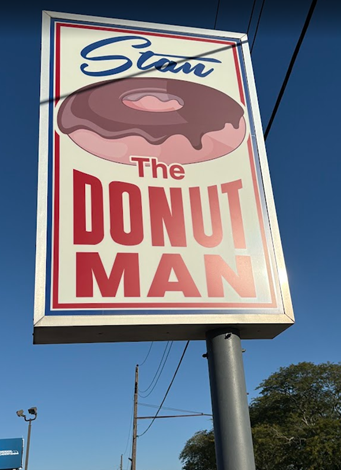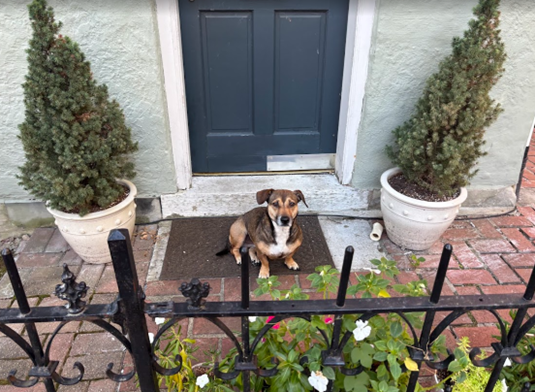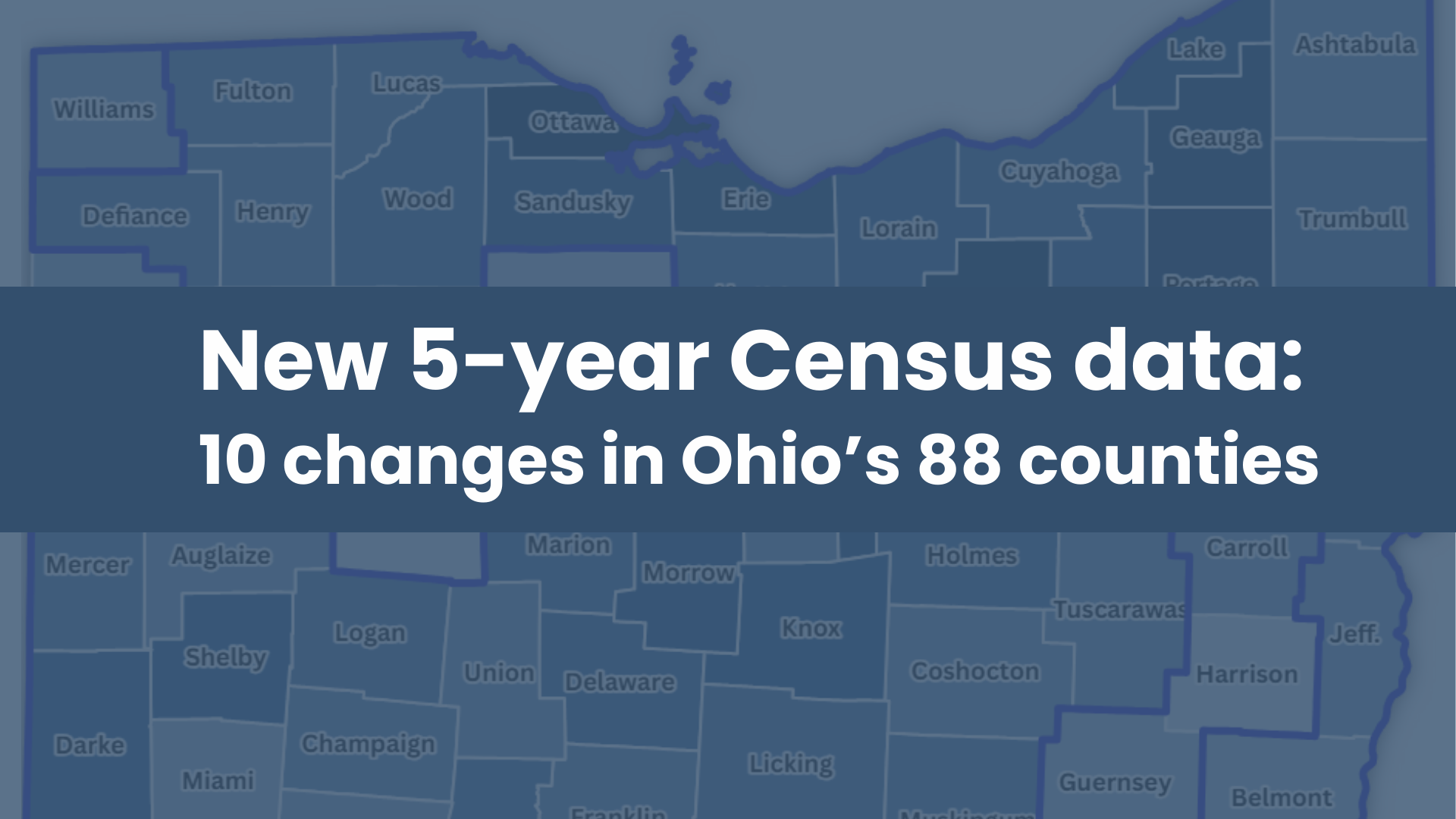There is a richness of data that comes from asking people to share their experiences in their own words. It’s a kind of data that is nuanced, emotional, and often far more insightful than the numeric outputs of a dataset or survey. Where numeric data strives to provide ‘tidy’ insights, qualitative data (focus groups, interviews, etc.) often thrives in the messy.
Where numeric data strives to provide ‘tidy’ insights, qualitative data (focus groups, interviews, etc.) often thrives in the messy.
I recently spent a couple of days in Dayton, conducting multiple focus groups with older adults from all walks of life. In one of my groups, the conversation derailed into participants working to help a fellow member find a 24/7 health aid for an upcoming Eagle Scout trip. This trip represented the culmination of years of hard work for this gentleman, and it was important for others in the room that he be able to participate in the trip.
Witnessing the power of community, and the importance of word of mouth for sharing resources, and the frustration with the barriers to needed services provided such important insight. It’s one thing to see these issues represented as numbers in a report; it’s another to witness them in real time. It added critical context to the numeric measurements of these same issues we’ve been exploring. It’s why Community Solutions prioritizes qualitative data in our research.
In another focus group, a participant asked me what kind of training I had to run these groups. He was interested in how I ‘got people to talk’. I jokingly told him ‘I must just have one of those faces that makes people want to share.’ In reality, the most helpful thing I’ve gleaned in learning how to talk to strangers professionally is staying quiet. When participants talk amongst themselves like I’m not even there, that’s when some of the most interesting insights can pop up.
It’s a learned and practiced skill to hold difficult conversations with folks who’ve only just met you.
That’s not to say conducting interviews and running focus groups are simple tasks. It’s a learned and practiced skill to hold difficult conversations with folks who’ve only just met you; guiding conversations and making sure everyone gets the space to be heard. In my experience, giving the conversation room to develop, without the constant guardrails of predetermined questions and strict responses can make for both a really meaningful experience and great data.
Finally, there is something special about just being present in a community. During my trip, I stayed in a walkable area and spent every night out. I met an antiques dealer who tearfully told me about his friend who’s suffering from dementia. I met a trucker who was dealing with the difficulties of his husband currently living in another state.

A woman in a local donut shop dared me to try the “tiger tail”, despite never trying one herself.
I also met a gentleman who asked my advice on whether to tell one of his regulars that reading a book at the bar was a bad way to meet girls.
It’s difficult to explain, and even more difficult to quantify, but just bumping into folks in a community helps you better understand a place and the people in it. Four days in Dayton does not make me an expert on the community but getting the opportunity to meet and hear from people, professionally and unprofessionally, is so important for putting faces to the numbers.








